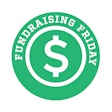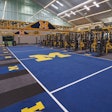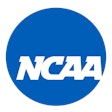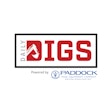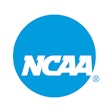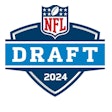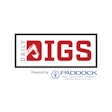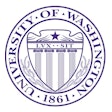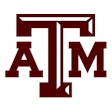High school athletic directors in New Jersey - one of the three states that test student-athletes for steroid use - praise the process, even though more than 2,500 tests at a cost of $200 each have yielded only about a dozen positive results since testing began in 2006. "Unfortunately, there is a problem out there," Mike McAller, athletic director at Pitman High School and president of the Tri-County Conference, recently told the discontinued its efforts in 2009. The New Jersey State Interscholastic Athletic Association receives $50,000 per year from the state to help cover the testing's $100,000 annual cost, with the remaining $50,000 coming from the organization's budget. Sixty percent of all tests are conducted on athletes in football, wrestling, track and field, swimming, lacrosse and baseball, according to the NJSIAA. "For me, it's not about catching kids," Dave Ryden, supervisor of extracurricular activities at Marlboro High School and president of the Shore Conference, told Press reporter Kevin Minnick. "It's about making the playing field level and keeping the kids safe. That's why we do it. The reason the NJSIAA put these policies in was to protect the kids. If you save one kid, great. If you have zero taking steroids, that's even better." In August, the Illinois High School Association's Board of Directors voted to continue its testing program, which began with the 2008-09 school year. During the 2010-11 school year, the IHSA tested 747 student-athletes, resulting in four positive tests. Two of the four were cleared by a medical review officer; the two that were not cleared represented the first punishable offenses in the program's history. Over the course of its three-year history, 1,758 tests have been conducted by the IHSA's Performance-Enhancing Drug Testing Program. Criticism of the testing program in Texas, meanwhile, mounted last year after it was spared the budget ax in May. According to the Associated Press at that time, more than 50,000 tests yielded fewer than 30 confirmed findings of steroid use since 2008. The state now focuses its testing efforts on select sports, including football, baseball and track. Lt. Gov. David Dewhurst, according to his spokesman Mike Walz, "believes the program is important and that it saves lives." Steve Timko, executive director of the NJSIAA, told the Press that he would like to expand New Jersey's testing program to include tests conducted at the beginning of sports seasons. "We should be testing more than just 500," Timko said. "I don't know the magic number, but it should be more than 500. There are some teams that know they won't make the state playoffs, and there's the possibility of abuse taking place. When you look at the fact that there are 256,000 student-athletes, and we only test 500, and there were four positive tests … If you do the math, you can see the number is significant and something needs to continue." A state bill passed by the New Jersey Legislature earlier this month codified many of the anti-steroid initiatives already being taken by the NJSIAA, and also established the third week in September as "Steroid Awareness Week" in New Jersey, according to the Press. The bill also requires the NJSIAA to provide anti-steroid advertisements in any program or handout produced for sale or distribution at state tournaments, as well as include healthy alternatives for strength building in coaches' training programs.
New Jersey ADs Say Steroid Testing Works
Read Next
April 3, 2024
Recommended
More in Home
AB Show 2024 in New Orleans
AB Show is a solution-focused event for athletics, fitness, recreation and military professionals.
Nov. 19-22, 2024
Learn More
Buyer's Guide
Information on more than 3,000 companies, sorted by category. Listings are updated daily.
Learn More


















